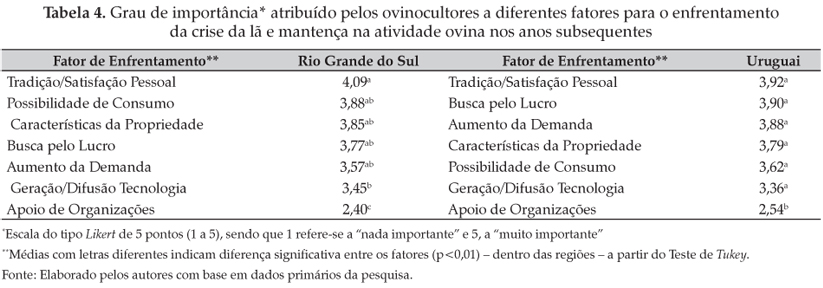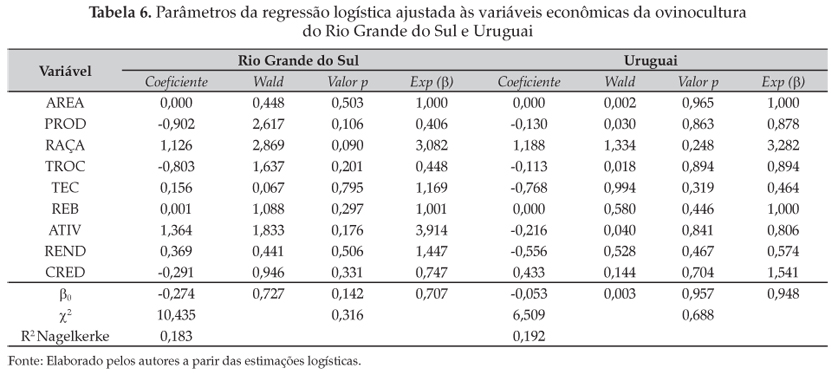The objective of this article was to develop institutional and evolutionary concepts to subsidize the analysis of agricultural markets. The analytical and theoretical constructions were applied in the case of the evolution of sheep production to answer the question: institutional and evolutionary variables are determinant to increase the sheep raising in Brazil and Uruguay? The hypothesis of the research is the importance of institutional and evolutionary variables in the production process, with the decisive role of informal rules and economic dynamics for the future development of the activity. The data of empirical case were analyzed using parametric hypothesis tests and logistic regression analysis. The results show that institutional factors were decisive in both the maintenance of sheep farmers after a process of structural change, which has a future pretension of increasing sheep production in the two studied regions, indicating a decisive role in informal rules of society (customs, traditions etc.) and non-economic ways of thinking in the dynamics of economic activity after periods of imbalances. The research demonstrated the possibility of applying evolutionary economic assumptions, seeking to understand the phenomenon as well as stimulating the strengthening of this approach in several theoretical and empirical issues in the field of agricultural economics.
evolutionary economics; agricultural economics; structural change; sheep production













